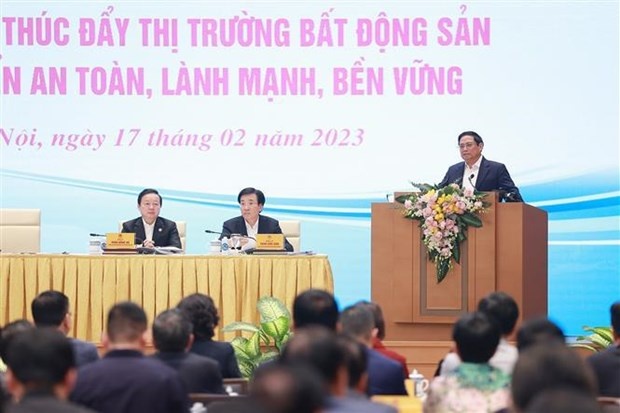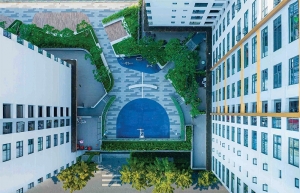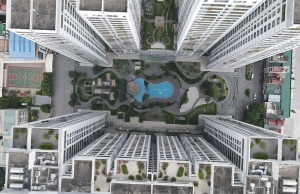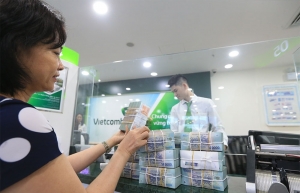INTERNATIONAL INVESTMENT
AND PORTAL
 Prime Minister Pham Minh Chinh speaks at the conference. (Photo: VNA)
Prime Minister Pham Minh Chinh speaks at the conference. (Photo: VNA)
Hanoi – Prime Minister Pham Minh Chinh on February 17 urged stakeholders in the real estate market, including the State, businesses, buyers and people, to join efforts for the safe, heathy and sustainable development of the market.
Addressing a national online conference in Hanoi that sought ways to remove obstacles to the development of the domestic real estate market, the PM pointed out the imbalance in the market, with a shortage of housing for low-income earners.
Other issues include slow policy and market response of stakeholders, limitations in relevant policies, difficult access to loans and sluggishness in the planning work, he added.
Both short and long-term problems must be addressed but without abrupt changes, he stressed, asking concerned agencies to step up state management over the development of real estate and corporate bond markets.
The financial and banking sectors should work to make it easier for businesses to access credit, he said.
Meanwhile, property enterprises need to proactively address their internal weakness, restructure projects, adjust both segments and prices, and promote liquidity, the leader continued.
He requested commercial banks to seek ways to cut lending interest rates and restructure debts, stressing the State Bank of Vietnam should manage deposit interest rates to facilitate the reduction of interest rates by commercial banks.
All-level authorities were also asked to drastically reform administrative procedures, especially in licence granting, and focus on perfecting planning schemes to pave way for projects.
Information work also plays an important role in the safe, healthy and sustainable development of the market, the leader said.
The government will launch a scheme on social housing for low-income earners and workers, and issue a resolution on the real estate market following the conference, which is expected to serve as the foundation to spur its development, in the spirit of harmonised interests and shared risks between the State, people and businesses, according to the PM.
The Ministry of Construction reported that the market faced a supply crunch last year, especially housing for low-income earners. Although the number of transactions increased against 2021, it still dropped as compared with the pre-pandemic level.
The State Bank of Vietnam said as of December 31, 2022, outstanding loans related to real estate stood at nearly 800 trillion VND (33.65 billion USD).
Statistics by the Ministry of Finance showed that as of October 28, 2022, issued corporate bonds were valued at 328.9 trillion VND, down 25.2% year-on-year, and decreased quarterly, with real estate firms making up 28.87% of the total.
Real estate businesses have encountered a range of difficulties over the past time, especially in credit access, bond issuance, and capital mobilisation, according to insiders.
Experts and officials said the depressed property market is partly attributable to oversupply and a shortage of affordable housing. Besides, real estate businesses have issued a giant volume of bonds, which causes them great pressure. They urged restructuring the market segments, cutting property prices, and restructuring and rescheduling debts as some measures to assist with handling difficulties faced by the market.
 Fresh trends to accumulate property in 2023
Fresh trends to accumulate property in 2023
Investment trends could be shifting to the longer term to earn profits within the next 3-5 years, instead of more speculative investments. Trang Le, head of Research and Consulting at JLL Vietnam, told Hai Yen about accumulating real estate assets in 2023.
 Pinpointing the bottom of the market
Pinpointing the bottom of the market
Like securities, the real estate market has experienced volatility, with cash flow remaining the greatest problem going into 2023.
 Real estate investors ponder where to place their money
Real estate investors ponder where to place their money
During a real estate market downturn, investors need to have a good grip on market movement and a clear vision in order to make prudent choices.



















